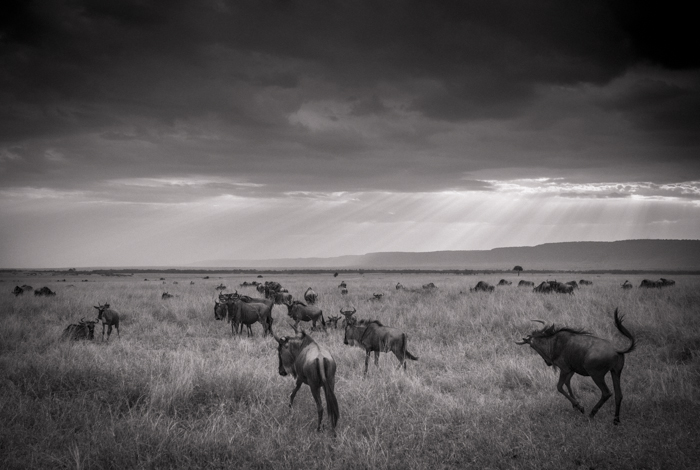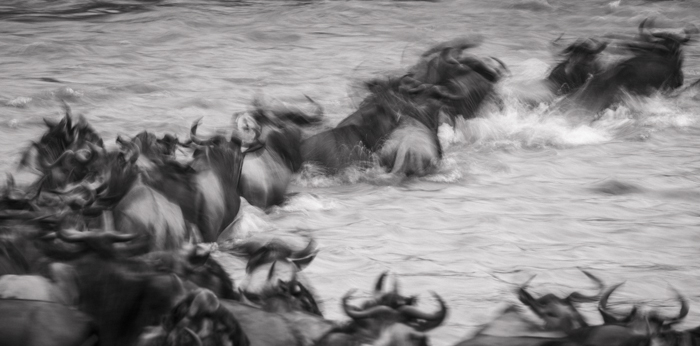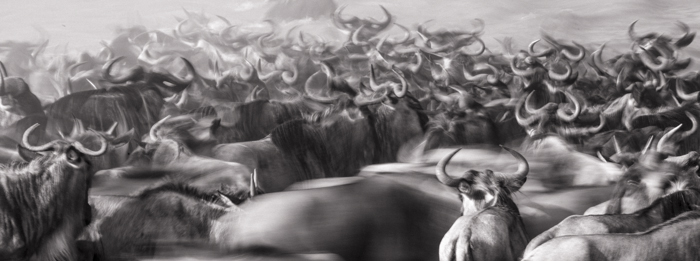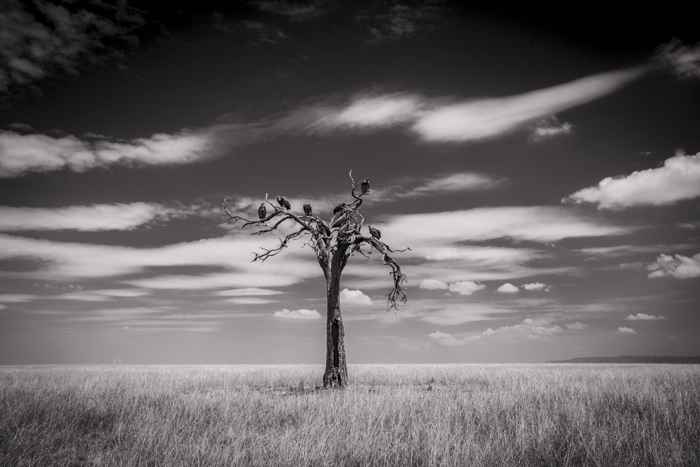Home again after a great, if rather weird, 5 weeks in the Maasi Mara. I was filming two sequences for BBC1’s upcoming landmark series Survival; a sequence about the zebras crossing the Mara River, and a sequence about lion society. I think we got some really great material, but, as a first experience of the Mara, it was all rather strange. 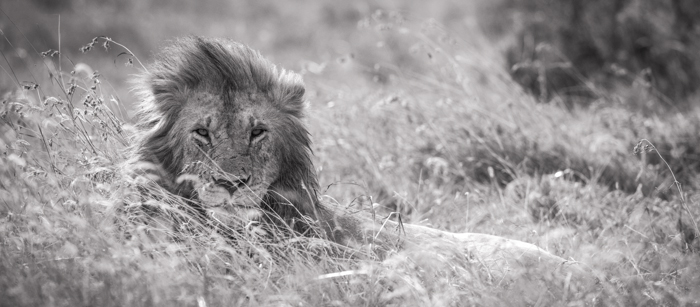
I’ve known about the Maasi Mara for as long as I can remember, it’s an iconic location and one of the homes of natural history film-making. Hundreds of film crews have worked there over the years and we’ll all have seen sequences filmed in the park on our televisions – so I knew all about the wildebeeste migration, the crossing of the Mara River, the prides of lions, and the abundance and diversity of wildlife found in the area.
What I hadn’t been prepared for was the sheer numbers of tourists who visit the Mara at this time of year, and, more disturbingly, the bizarre and dysfunctional relationship that so many people have with the natural world.
When we arrived there were a few cars cruising around; lions doing anything interesting would probably be accompanied by a couple of Landcruisers, and the key river crossing locations might have 10 cars waiting if a crossing looked likely. This was all fine, people were pretty well behaved and the wildlife didn’t seem unduly stressed.
By the time we left there would be up to 100 cars jostling for position at a crossing site, people getting out of their cars, yelling, walking around, flying mini helicopters and generally freaking out the wildlife. A lion pride could be spotted from space because there would be 20 vehicles parked in a ring around the poor beasts, and (not that I witnesses it myself) a hunting cheetah might have 70 vehicles in persuit. Filming at the crossings became impossible, and we’d generally park a few hundred meters away from the lions we were filming to avoid drawing attention to them.
It seemed to me that most people were not relating to the wildlife on any level; they would drive up as close as they possibly could to an animal (breaking park rules that forbid off-road driving without a permit), point their iPads at the poor creature for a few minutes, then charge off to the next victim. Wildlife was experienced via the screens on whatever device they were carrying rather than by actually watching with their own eyes, and the key aim seemed to be to get as close as possible rather than just sitting back and observing.
All of this was totally counter productive, animals were stressed and there would be no chance of seeing any interesting behaviour. We saw an entire herd of maybe 5,000 wildebeest, desperate to cross the river, be so freaked out by the noise of tourists that they milled around in panic and uncertainty for hours before finally moving off to cross a few hundred meters downstream – the tourists didn’t get to see a crossing, and dozens of animals died because the wildebeest were forced to cross in a dangerous location.
The numbers of tourists are increasing year on year, so the problem is only going to get worse. Unless something is done to control the situation and educate tourists and operators in proper wildlife etiquette, the Mara is going to become one of the most depressing wildlife locations on earth. It must have been a magical place 50 years ago, it now feels like a theme park. I do realise that, as wildlife film makers, much of the blame in creating such huge interest in events such as the wildebeest migration is down to us. Sadly it does say something pretty damming about our industry that we have succeeded in generating global interest in these events while seemingly totally failing to instil any empathy for the natural world in many of the people who view our programmes.
The crossings themselves were incredible to experience, dramatic and unsettling – I feel like I’ve seen enough wildebeest misery to last me quite a while. It felt like you were witnessing an animated Hieronymus Bosch painting with sinners substituted for hapless wildebeest. The lions were wonderful, supremely impressive and a real pleasure to spend such a prolonged amount of time with.
Sitting in a car for 13 hours a day allows you to read lots – if depraved Americana is your thing I can thoroughly recommend Ablutions by Patrick De Witt, The Devil All the Time by Donald Ray Pollock and Suttree by the great Cormac McCarthy.
Huge thanks to Rupert, Nick and Wilson for making this such a memorable trip, and to the fantastic people at Governor’s Camp for looking after us so well. Amazingly we got out of Nairobi 5 hours before the airport burnt down, the Film God must have been smiling on us …
Right, we’re all of to St Ives to eat ice cream for a couple of weeks!
